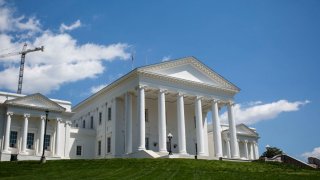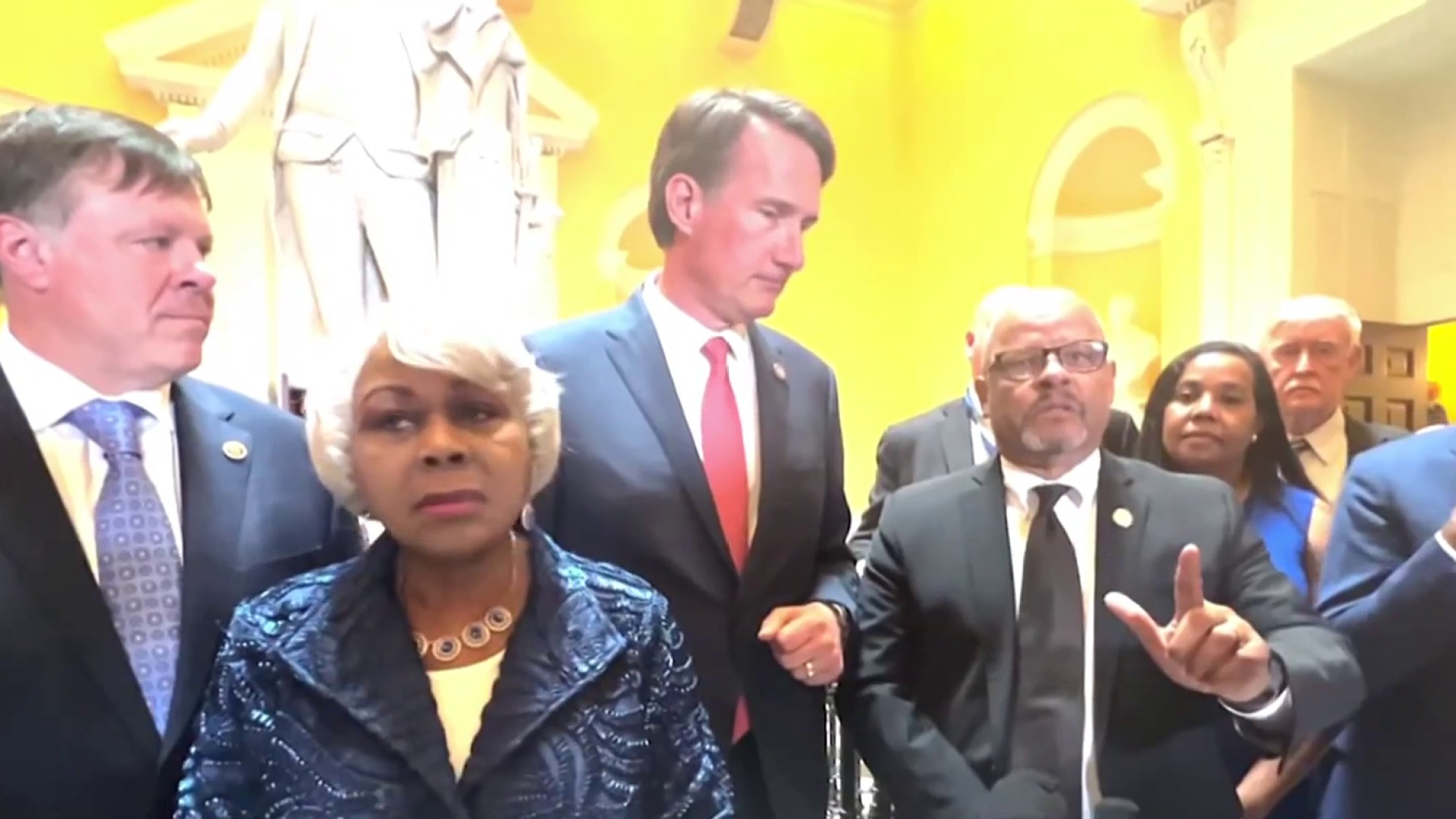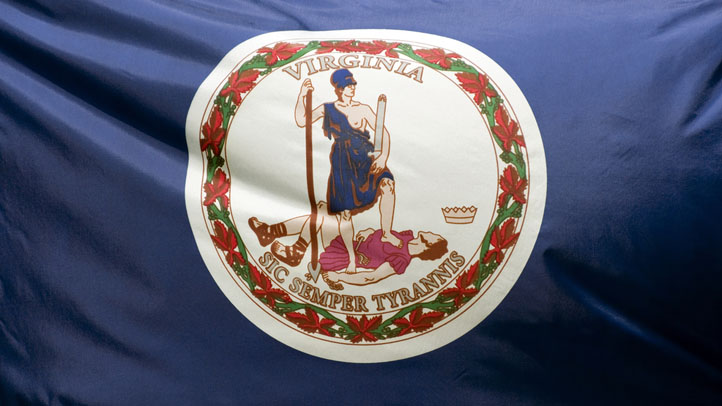
Public schools will get more funding, teachers and other government workers will see a pay bump and Virginia's tax policy will remain as is under compromise budget legislation the Democratic-led General Assembly sent Monday to Republican Gov. Glenn Youngkin, who swiftly signed it.
Youngkin and legislative leaders last week negotiated an end to their long-running standoff over the state's next two-year spending plan, agreeing to use higher-than-expected revenues to help fund key priorities without implementing a hotly debated new sales tax on digital goods, such as streaming services and computer software.
“This has been a protracted process, but working together with the Senate and the governor we have developed a product that all parties believe will meet the needs of the Commonwealth,” Del. Luke Torian, the top budget negotiator in the House of Delegates, said in a speech on the floor.
Outlines of the deal were announced Thursday, with full details published Saturday. The special session lasted only a few hours Monday and featured limited debate. Minutes after legislators concluded their work, Youngkin signed the measure in the Capitol.
We've got the news you need to know to start your day. Sign up for the First & 4Most morning newsletter — delivered to your inbox daily. >Sign up here.
The latest version of the budget for the 2024-2026 biennium retains virtually the same spending priorities as the iteration lawmakers adopted in March on the last day of their regular session, minus a few technical adjustments, according to public presentations and documents from the House and Senate money committees' staff.
The plan includes what lawmakers have said is record funding for K-12 public schools and 3% raises in each year for teachers and state employees.
It was possible to maintain those and other allocations, while ditching over $1 billion in expected revenue from the proposed new sales tax, in large part because revenue collections for fiscal 2024 are running well ahead of forecast, the House Appropriations Committee said.
Year-end revenue collections may eventually exceed what was forecast by more than $1.2 billion, and the budget lawmakers adopted Monday will be balanced if revenues increase by less than half that amount — $525 million, according to a House presentation.
Other technical changes helped close the gap, including updates to account for legislation Youngkin amended or vetoed, such as wiping out funding set aside for a now-nixed increase in the minimum wage.
The latest plan also calls for taking on debt instead of using $500 million in cash to finance capital outlay projects including construction and renovation initiatives.
Whether or not to include the new proposed tax on digital goods had been the biggest sticking point between lawmakers and the governor, who have spent months at odds over the budget.
Youngkin first proposed the idea in December, but he paired it with other tax policy changes Democrats stripped out during the legislative process, including an income tax cut, for an overall tax reduction.
The governor then launched a public tour criticizing the Democrats' version of the spending plan as “backward" and said he wouldn't sign legislation that increased taxes.
Democratic leaders launched a tour of their own. The two sides finally agreed in April to lower the temperature and extend the timeline for talks rather than send Youngkin a budget he was likely to veto. Without an agreement by the start of the new fiscal year on July 1, they would have faced a government shutdown.
The House budget presentation suggested lawmakers may seek to revisit the issue of “tax system modernization” next year.
The latest version lacks language forcing the state to rejoin a regional carbon cap-and-trade plan that Youngkin removed Virginia from — a move that's being challenged in court. A coalition of environmental advocates criticized what they called “capitulation” by Assembly leaders to “reckless and bad public policy.”
The compromise deal also does not resolve one of this year's most heavily lobbied issues — whether to legalize skill games, the slots-like betting machines that proliferated in businesses around the state before a ban took effect. Youngkin faces a Friday deadline to decide how to act on a bill green-lighting and taxing the machines after the General Assembly rejected many of his proposed changes to the measure in April.
Supporters of the measure suggested they expected a veto. But they told reporters that the governor had given them a commitment to keep negotiating, with the expectation that lawmakers would return to Richmond at a to-be-determined date for another special session on the issue.
In other action Monday, lawmakers took up and Youngkin signed amendments to the so-called caboose budget, making small changes to the existing spending plan that runs through June.
Legislators also elected eight judges, and House Speaker Don Scott announced the creation of a bipartisan committee to study the intersection of free expression and public safety on college campuses following numerous demonstrations around Virginia over the Israel-Hamas war, including some that have led to arrests.
News4 sends breaking news stories by email. Go here to sign up to get breaking news alerts in your inbox.



